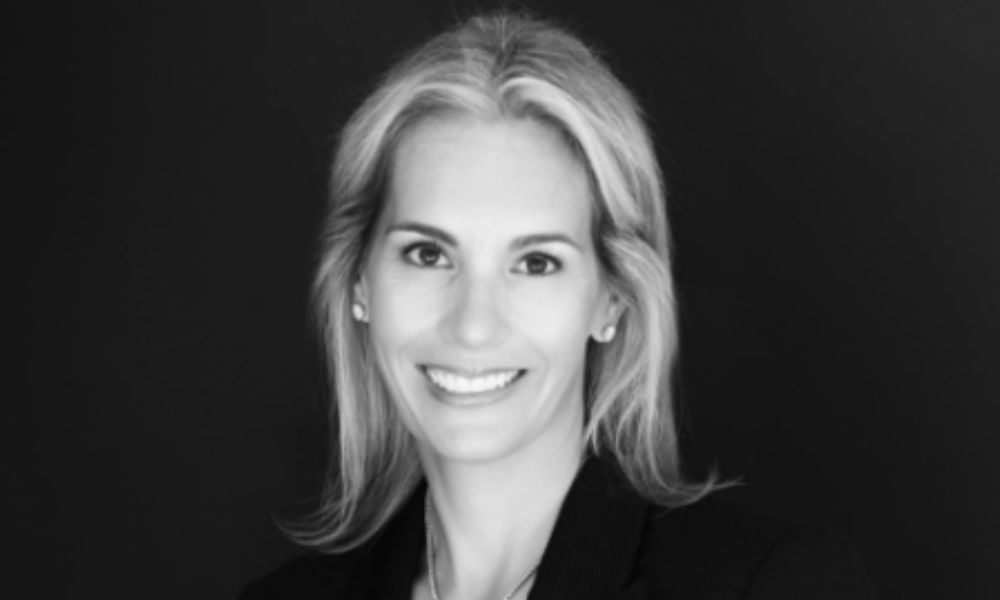

F. Scott Fitzgerald had a point when he said that “rich people are different” from the rest of us. Even then The Great Gatsby author knew their insurance bills are generally much, much higher than regular folks.
The cost of auto and home insurance have risen much faster than overall inflation, thanks in part to a string of billion-dollar storms including most recently Hurricane Helene. For example, car insurance costs are up 18.6 percent compared to a year ago, according to the U.S. Bureau of Labor Statistics (BLS), and premiums are nearly 47 percent higher than at the beginning of the pandemic in March 2020.
And that’s just for a single car. So imagine having to pay insurance on a classic or super-high end sports car. Or a fleet of them?
Katherine Frattarola, head of HUB private client at HUB International, helps high-net-worth clients obtain coverage from carriers who can best support their sophisticated lifestyles and complex needs. These are typically carriers who understand the nuances of building expensive homes, taking luxury vacations and having large fleets of collectable cars.
“We help these clients innoculate their risks or fortify their homes and other belongings,” said Frattarola. “And that's sometimes where risk management plans fall short, when teams overly focus on the solution, but not on the preemptive measures.”
Frattarola says changing weather patterns have played an oversized role in pushing insurance costs higher. She points to the fact that there were 7 category 3 or higher storms in the US in 2023, and not a single one in the prior 7 years. Furthermore, these storms, like Hurricane Helene, are now affecting areas like Asheville North Carolina and Atlanta Georgia which are historically not flood zones.
And, last but not least, in the post-COVID era, the rate at which individuals are moving to catastrophe prone areas has doubled.
“If you look at all of these factors in aggregate, you will see from a insurers perspective that's it is really a perfect storm, no pun intended,” said Frattarola.
Moreover, even though these clients have a whole lot of money and generally more than enough to protect their upscale toys and beachfront homes, that doesn't mean they have no problem overpaying. There are always ways to lower premiums, says Frattarola. But that means making trade-offs.
“You can take higher deductibles, but then in the event of a claim, you need to be comfortable that you're willing to outlay that value of the deductible that you took. In some cases, it's looking at different types of coverage solutions that may or may not be as comprehensive, but at the end of the day provide you with peace of mind,” said Frattarola.
Increasingly of late she has been talking to clients about self-insurance. Self-insurance is for when individuals without mortgages on their homes decide to underwrite the entire risk themselves in the event of a catastrophe.
“There's lots of options out there, and it's about working with someone who you can count on as a trusted advisor who really works to understand your needs and develop a plan that's unique to your circumstances,” said Frattarola.
And that insurance plan – and the advisor – also need to fit into a client’s overall financial portfolio.
“I like to think about risk management as a third leg of the stool,” said Frattarola. “So you have risk management, you have trust in estate strategy, and then you have financial management at the end of the day. All three should be working in concert out against this higher objective of preserving assets and preserving longevity.”

Firms are facing increasing scrutiny over whether they can be held responsible for losses by clients whose ability to understand their investments has been compromised.

Decision deepens the two firms’ decade-long relationship

Linqto Inc. was one of the first tech platforms to promise access to small investors into the high-risk, high-reward world of private investments.

Since Vis Raghavan took over the reins last year, several have jumped ship.

Chasing productivity is one thing, but when you're cutting corners, missing details, and making mistakes, it's time to take a step back.
Stan Gregor, Chairman & CEO of Summit Financial Holdings, explores how RIAs can meet growing demand for family office-style services among mass affluent clients through tax-first planning, technology, and collaboration—positioning firms for long-term success
Chris Vizzi, Co-Founder & Partner of South Coast Investment Advisors, LLC, shares how 2025 estate tax changes—$13.99M per person—offer more than tax savings. Learn how to pass on purpose, values, and vision to unite generations and give wealth lasting meaning
